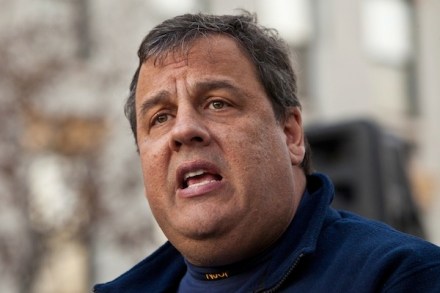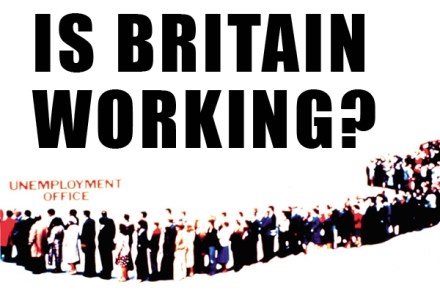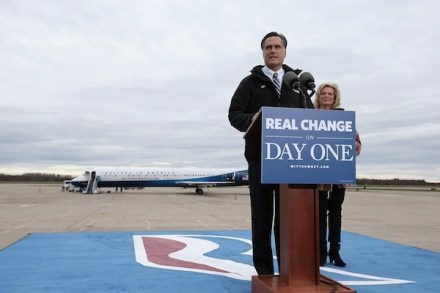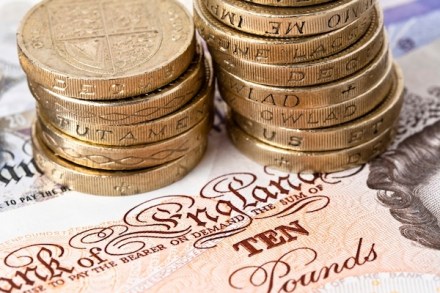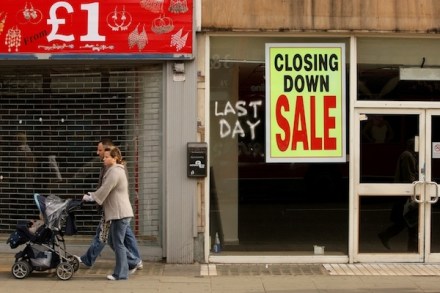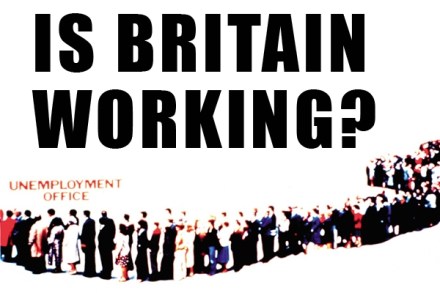America’s new political battles begin
It may be less than a fortnight since the 2012 US elections, but it’s never too early to start speculating about what might happen in the next ones. So here’s a quick first look: 2013: New Jersey and Virginia (and Massachusetts?) It may be an off-year, but there’ll be at least two — and possibly
